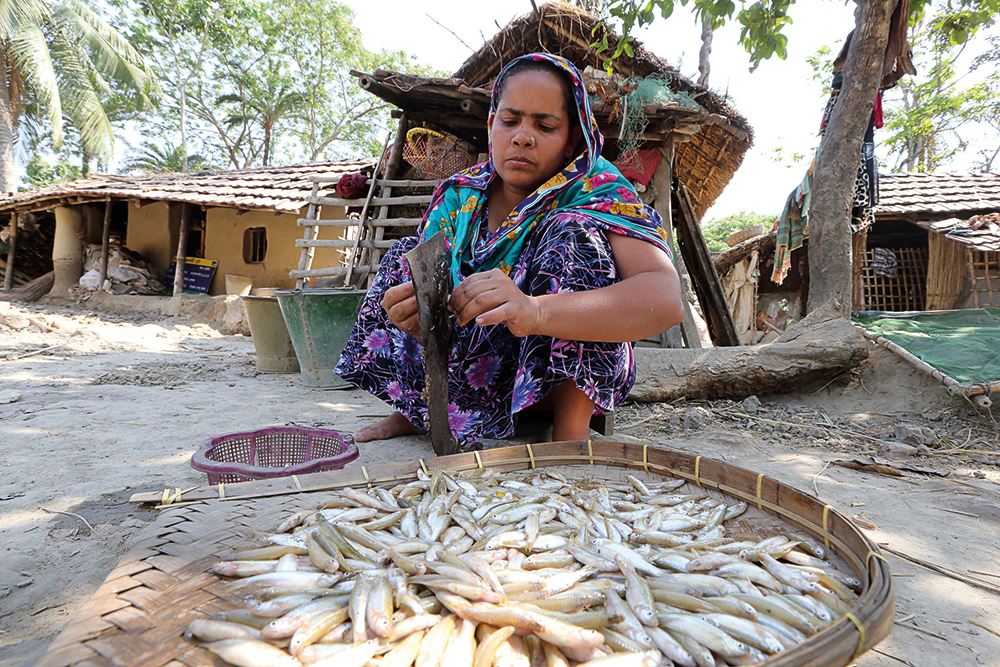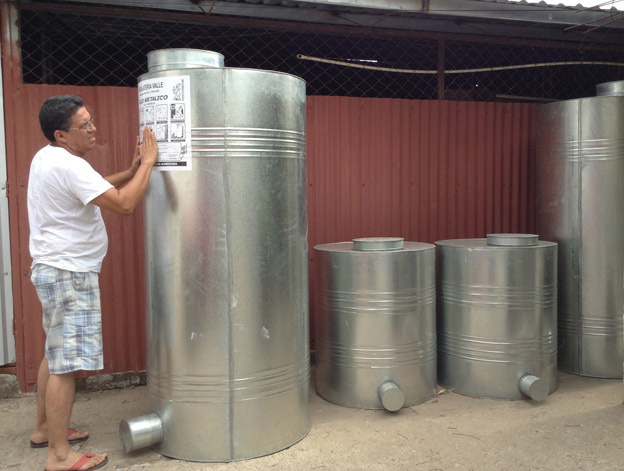Location
The international journal Rural 21 has dedicated more than 40 years to all topics surrounding rural development. Its ambition is to further those strategies and policies that strengthen rural areas of developing and newly industrialising countries and encourage their implementation. The journal addresses the complete range of relevant themes – from agriculture and fisheries via capacity building and education through to health and social security, energy supply and trade. Center-stage is always devoted to inquiring into how measures and strategies can contribute to global food security and to reducing poverty.
Rural 21 desires to further the dialogue between science and politics, the private sector, civil society and practitioners. Two platforms are designed for this purpose: Rural 21 in print is published four times a year, each issue highlighting a specific focus of rural development – this print edition is read in more than 150 countries. In parallel, Rural 21 online keeps the rural development community up to date on news and events, scientific findings and other print and online publications.
Rural 21 is published by DLG-Verlag GmbH in Frankfurt/Germany. Financial partners are BMZ (German Federal Ministry for Economic Cooperation and Development), GIZ (Deutsche Gesellschaft für Internationale Zusammenarbeit), DLG (German Agricultural Society – Deutsche Landwirtschaft-Gesellschaft), SDC (Swiss Agency for Development and Cooperation) and Helvetas Swiss Intercooperation.
The first issue of Rural 21 dates back to 1968. From 1974 to 2007, the journal was published in three languages entitled "entwicklung & ländlicher raum" / "agriculture & rural development" / "agriculture & développement rural". In 2008, the journal was relaunched as "Rural 21".
Members:
Resources
Displaying 91 - 95 of 319Green revolution with black gold
Last year Angola earned 48 billion US dollars from petroleum. Yet the country that was once Africa’s largest agricultural producer is reduced to importing food. Now the government and private investors want to develop the agricultural sector, in the hope that Angola could become a new Brazil. But will there still be room for small-scale farmers?
"Each country must define its own priorities"
Many a dogma produced by agricultural policies over the past decades has proved disastrous for African agriculture. Ms Rhoda Peace Tumusiime, Commissioner of Rural Economy and Agriculture of the African Union (AU), looks at lessons learnt and suggests ways to bring progress to Africa’s rural regions.
Stakeholder participation. Easier said than done
Twenty-seven nations are classified as ‘water scarce’, a further 16 as ‘water stressed’. This situation, coupled with the fact that many surface and groundwater systems are shared between two or more states, has led governments to develop sustainable water management strategies. This implies a real commitment by all water users – households, farmers, and industrialists – to use available supplies in ways that reap sustainable and equitable benefits for all.
‘Smart subsidies’? A critical review of the Malawi fertiliser subsidy programme
Initially hailed a huge success, Malawi’s effort to boost agriculture with fertiliser subsidies appears to have met with failure. The author has a look at what went wrong, arguing that developments must be assessed against the backdrop of politics.
The role of farmers’ organisations in defining national policies
Farmer organisations play a crucial role in the development of rural areas. But how influential are they when it comes to defining national policies? What can they achieve, and where are their limits? Our authors demonstrate this with regard to the small farmer organisations in South Africa.






